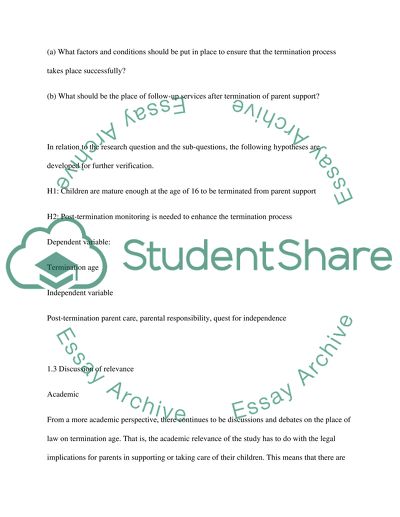Cite this document
(“To what age should parents support children Research Paper”, n.d.)
To what age should parents support children Research Paper. Retrieved from https://studentshare.org/social-science/1684365-to-what-age-should-parents-support-children
To what age should parents support children Research Paper. Retrieved from https://studentshare.org/social-science/1684365-to-what-age-should-parents-support-children
(To What Age Should Parents Support Children Research Paper)
To What Age Should Parents Support Children Research Paper. https://studentshare.org/social-science/1684365-to-what-age-should-parents-support-children.
To What Age Should Parents Support Children Research Paper. https://studentshare.org/social-science/1684365-to-what-age-should-parents-support-children.
“To What Age Should Parents Support Children Research Paper”, n.d. https://studentshare.org/social-science/1684365-to-what-age-should-parents-support-children.


